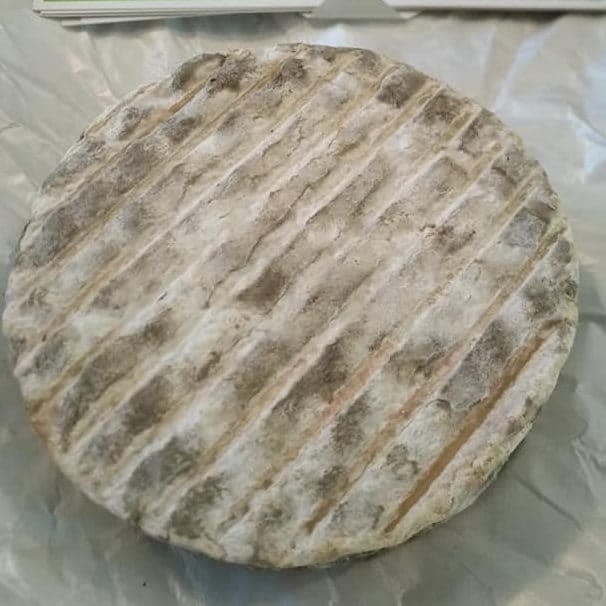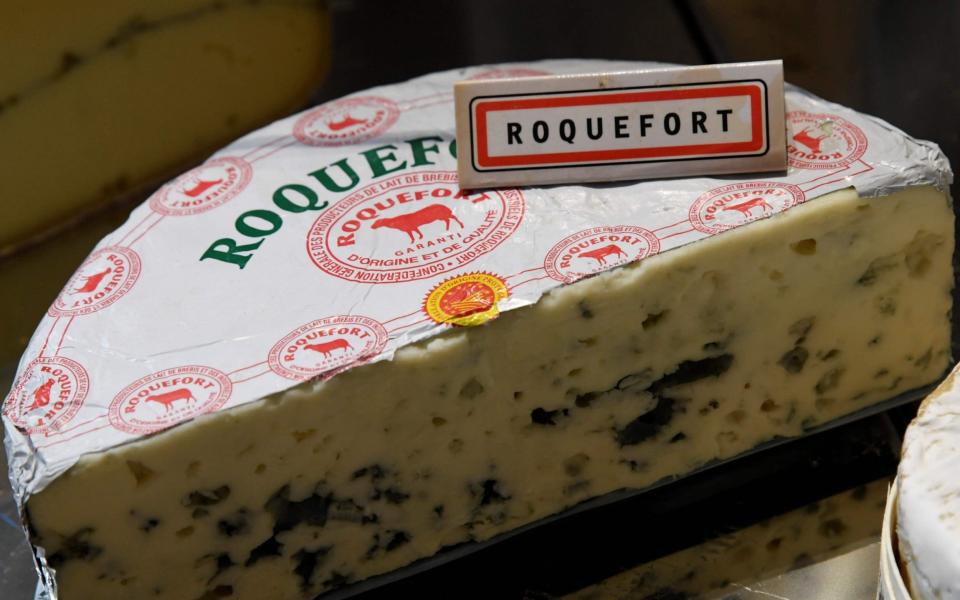French farmer creates new cheese after 'forgetting' old one in cellar during confinement

A French dairy farmer has accidentally created a "new cheese" dubbed confinement after forgetting a batch of traditional munster in the cellar for a month only to find it had developed new flora and tasted really rather good.
Under normal circumstances, Lionel Vaxelaire a farmer in Saulxures-sur-Moselette in the Vosges, eastern France, turns the milk from his 25 cows into Alsace munster - a soft cheese with washed rind whose origins date back to the seventh century when monks began producing it.
However, when demand collapsed during lockdown, the farmer left a batch of 60 of the traditional cheeses in his cellar. “To be honest, we pretty much forgot about them,” he told Le Parisien.
A month later, he opened the cellar to find that the untouched cheese had taken on a life of its own. “This cheese matured all on its own for four weeks, unlike munster which needs to be washed every day,” he said.
The result was something quite different and a new cheese was born. “It’s somewhere between our munster and a camembert-like white cheese. It’s chalky inside with a flowery crust which is greyish and speckled,” he said.
“It has got all the flora of our full-fat raw milk and the flora of the cellar.”
“It doesn’t taste like anything we’ve had before. Even our children liked it and as this cheese has endured self-isolation like us, its name (confinement) came naturally.”
Due to popular demand, the cheese has already sold out at local markets, which reopened last month.

This not the first time a cheese has been created through apparent negligence. Roquefort is said to have been born when a young shepherd left his plain ewe's cheese in a cave during a storm only to find it had gone blue weeks later.
France's famed cheeses was among the first gastronomic casualties of the coronavirus as sales slumped during confinement, prompting desperate pleas from the industry to eat more of traditional appellation fromage as a matter of patriotic duty.
With open-air markets, restaurants and canteens shut, producers of brie de meaux to roblochon were hit by a 60 per cent drop in sales, amounting to a loss of €157m (£140m) of business.
Around 80 per cent of the cheese cannot be stored for more than eight weeks.
A national campaign was recently launched, supported by Michelin-starred chefs among other celebrities, to “support our cheeses, our land and our producers”.
Michel Lacoste, president of the national council for milk product appellations (CNAOL), said: “The situation is catastrophic. Cheese isn’t just food, it’s part of France’s identity, its heritage, its history, its special and unique savoir faire.”


